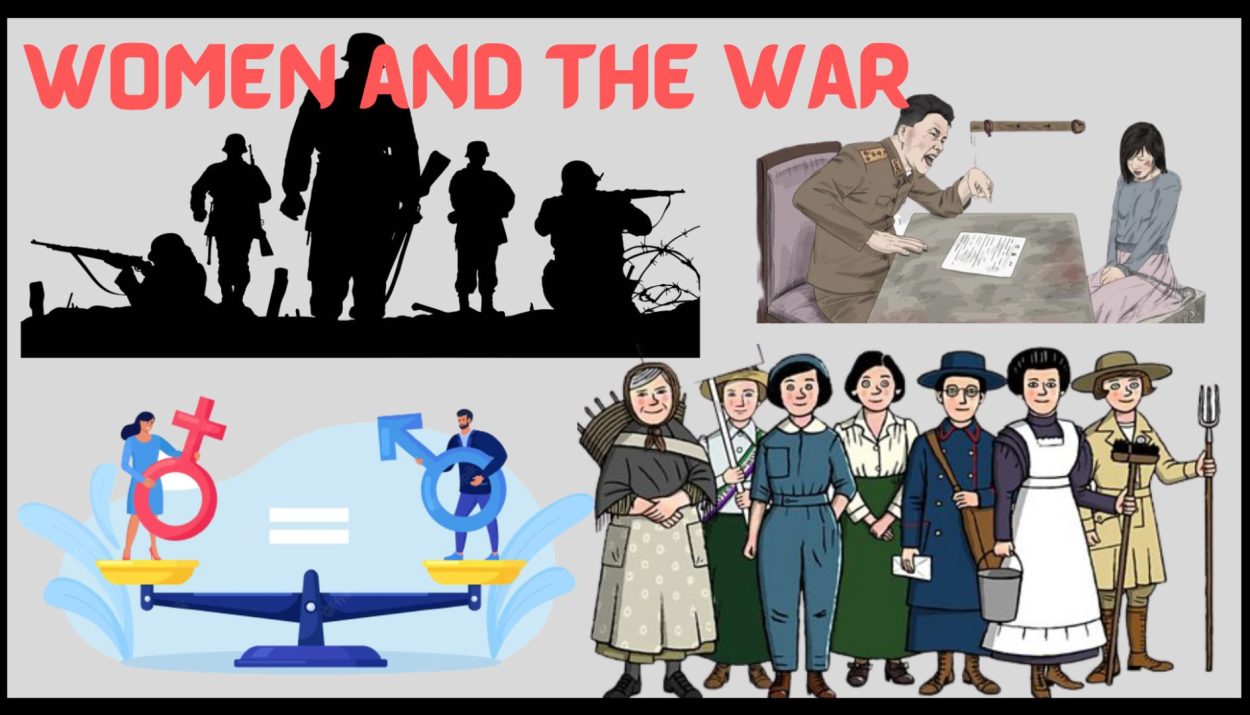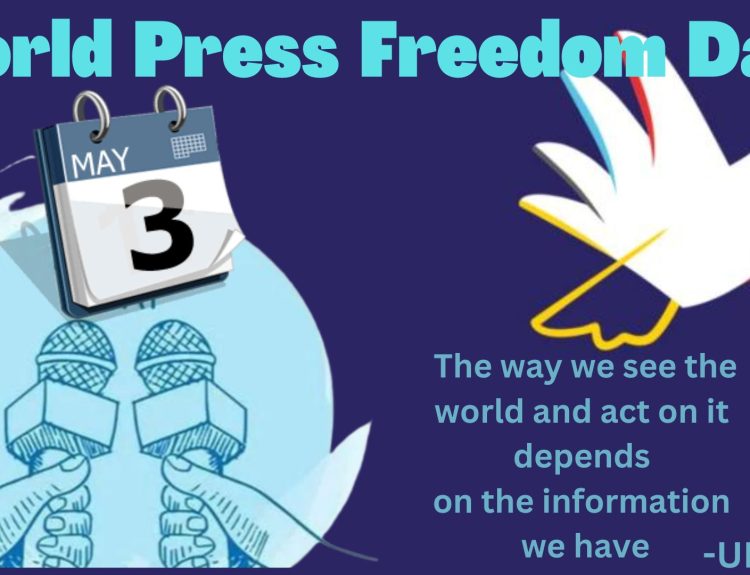At the time of war, all the citizens of the country involved are affected. It is simply that the political leaders and soldiers of the military are the first to receive the effects of war.
War is highly gendered and infiltrated by other identities like race, colour, size and religion. Women are commonly sexually exploited during the war. They were smuggled for this purpose.

Gender discrimination in all aspects still exists today. Though women have proved their worth many times, they still have a long way to go.
Role of women during World War II
Around this time women were not allowed to take the positions that men should have. It was believed that women possessed no skill or strength. But, the second world war demanded the support of women due to a lack of manpower. Mothers, wives and daughters played a complex and dangerous role in the war. Even women fought as full-fledged soldiers.
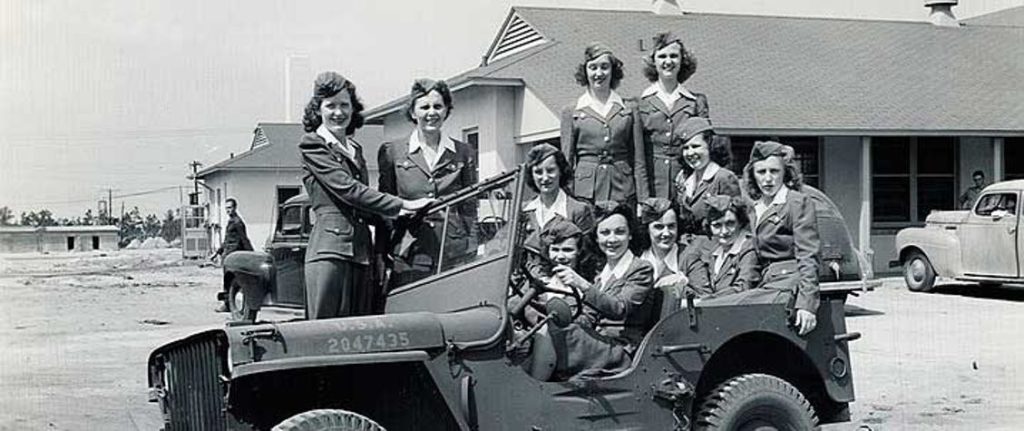
German women worked at non-frontline posts. Frontline positions were not considered suitable positions for women. The Soviet Union, on the other hand, considered men and women to be essentially equal. The women go through all the training protocols and perform the same activities as their male counterparts.
During World War, the nations concerned wanted weapons, food, and services which were in short supply due to a lack of manpower. So the nation had no option but to give employment to women. Countries allowed women to participate in war and serve as adjutants in the Navy, Air Force, and Army.
Women worked carrying messages, couriers, medicine etc. They also worked in the areas of nursing, communications, assembly of weapons and war machines, harvesting food and even entertaining soldiers. But women were not allowed to work on the frontline.
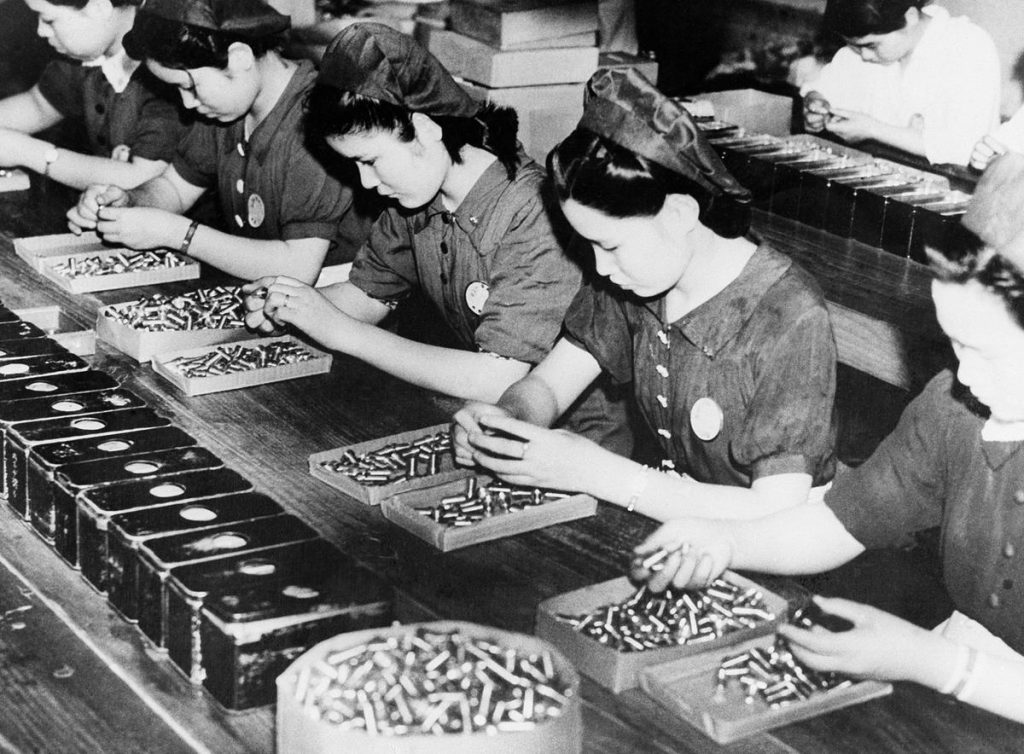
It was believed that alcohol, gambling and above all women found in cities and towns were obstructing the performance of soldiers who were in search of seduction and fun.
There were reports of soldiers insulting women. Women were recruited only for the entertainment of the soldiers and to avoid unwanted diseases. There were cases of cruel treatment of women during the Second World War.
When the war ended, soldiers publicly humiliated women by shaving their heads, forcing them to parade in the streets, beatings and even stripping off their clothes. These unjust acts are mostly done to the women of the lower strata.
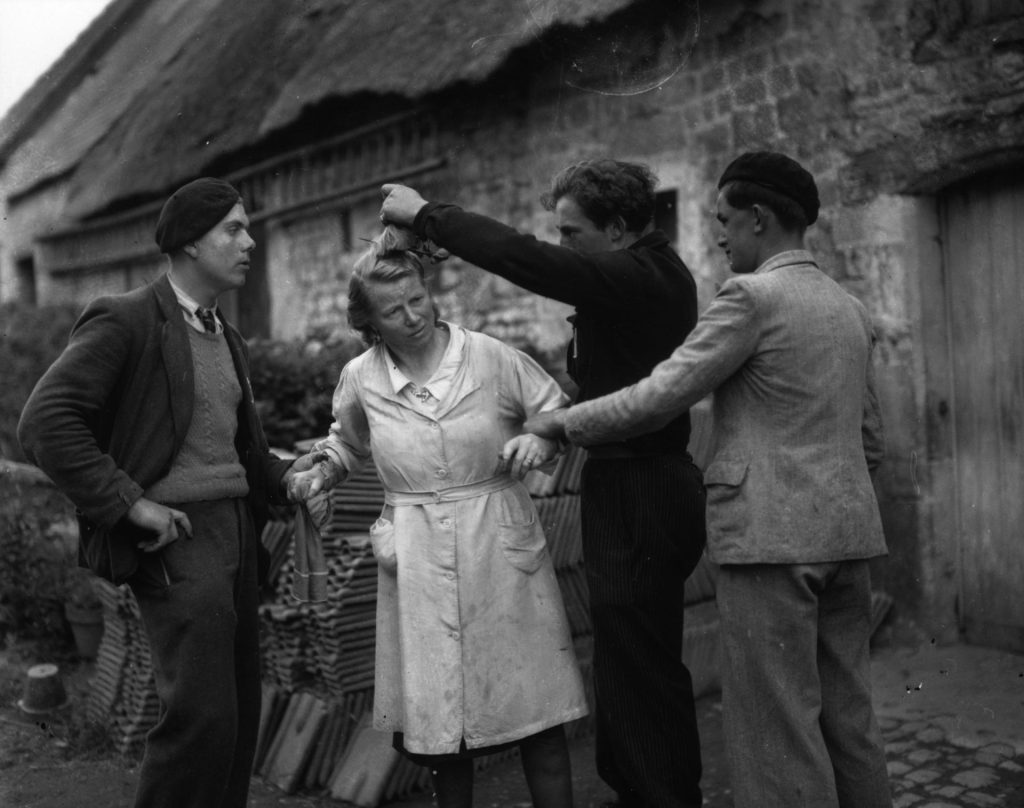
Analysis of the role of women during the war
Is there any science that says that women should not play an important role during war? Women still not see in combat.
According to military statistics, three things are important for war preparation—mental health, physical ability, and proper training.
Reports show that mentally women can handle stress equally or even better than men because they are not easily aggressive or injure themselves due to stress.
Physically, women have overall less strength than men. So the military should work on gender-neutral training programs for this issue. Not all women are at risk of injury or weakness. Some women are stronger than men and they deserve the same opportunities as men.
People should be allowed to serve in any role, regardless of their gender, to harness the best of each talent and potential. Equal and fair training and practice are required. In the end, they are service members first and men and women second.
Conclusion
All wars are prone to unethical and immoral acts as the ideals of defence. War is the deepest pit into which humanity has fallen and represents the worst horrors we have inflicted against our species. There is a need for a system to protect the rights of women. To do such work, it is necessary to choose wisely. The participation of the entire society is the need of the hour.
What will be the horror stories of the future? What role will our mothers, daughters and sisters play in them?
Have any thoughts on this? Please tell us. We always welcome comments. Join our social media platforms for regular updates.
Read more
History At a Glance: Women in World War II


